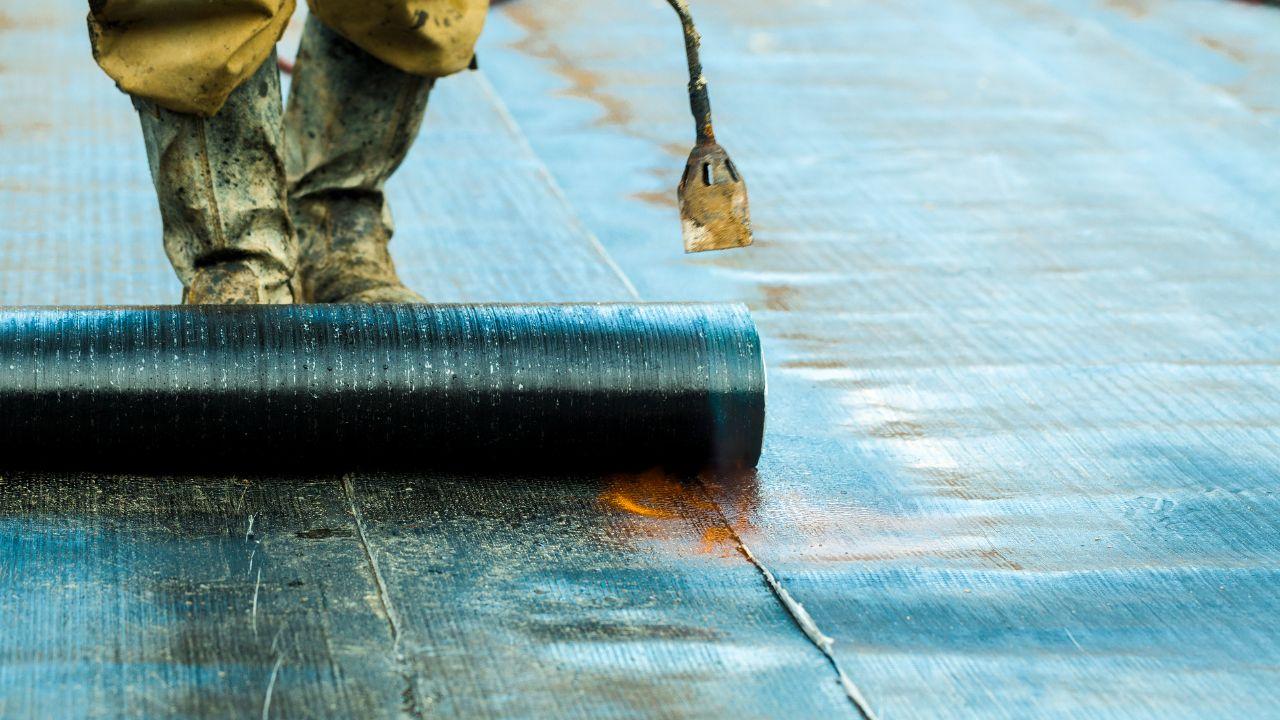Top Waterproofing Challenges Faced in Singapore’s Tropical Climate

Singapore’s tropical climate, characterized by high humidity, intense rainfall, and soaring temperatures, presents unique challenges for maintaining the integrity of buildings. Waterproofing is a critical measure to protect structures from water damage, but the climate’s harsh conditions often create obstacles even for the most robust waterproofing systems. Understanding these challenges is the first step toward addressing them effectively.
Key Waterproofing Challenges in Singapore
1. Frequent and Intense Rainfall
Singapore’s regular downpours can overwhelm waterproofing systems, especially during monsoon seasons. Poorly designed or maintained waterproofing can lead to:
-
Water seepage through roofs, walls, and foundations.
-
Flooding in basements and low-lying areas.
-
Accelerated wear and tear of waterproofing membranes.
Solution:
Professional waterproofing specialists in Singapore install advanced drainage systems and durable membranes to handle heavy rainfall. Regular inspections ensure these systems remain functional.
2. High Humidity Levels
Singapore’s consistently high humidity creates conditions conducive to mold, mildew, and material degradation. These issues can compromise both structural integrity and indoor air quality.
Impact:
-
Moisture penetration in walls and ceilings.
-
Growth of mold, which poses health risks to occupants.
Solution:
Waterproofing experts recommend using breathable, anti-fungal coatings and sealants. These materials prevent moisture accumulation while allowing trapped vapors to escape.
3. Extreme Temperature Variations
Although Singapore’s temperatures are generally warm, the combination of heat and humidity can exacerbate thermal expansion and contraction in building materials. This can:
-
Cause cracks in concrete and sealants.
-
Lead to the deterioration of waterproofing layers over time.
Solution:
Specialists use flexible waterproofing materials, such as polyurethane or bituminous membranes, that can withstand temperature fluctuations without cracking or peeling.
4. Aging Infrastructure
Many older buildings in Singapore were constructed with outdated waterproofing methods that may not withstand modern environmental challenges. Over time, these systems degrade, leading to:
-
Leaks in roofs and walls.
-
Structural weakening due to water ingress.
Solution:
Waterproofing specialists conduct thorough assessments of aging buildings and recommend retrofitting solutions. Upgrading to modern materials ensures long-lasting protection.
5. Inadequate Maintenance
Even the best waterproofing systems require regular maintenance to perform effectively. Neglecting this can lead to:
-
Blocked drainage systems.
-
Worn-out membranes and sealants.
-
Undetected leaks causing hidden damage.
Solution:
Regular inspections by waterproofing specialists in Singapore help identify potential issues early. Maintenance schedules can include cleaning drains, reapplying coatings, and repairing minor damages.
6. Poor Installation Practices
Improper installation is a common cause of waterproofing failure. Without skilled professionals, shortcuts and errors during installation can lead to:
-
Misaligned membranes.
-
Inadequate sealing of joints and edges.
-
Premature system failures.
Solution:
Always engage certified waterproofing specialists to ensure proper installation techniques. Look for professionals with proven experience in Singapore’s specific climate.
7. High Water Table Levels
Singapore’s high water table can exert hydrostatic pressure on underground structures, such as basements and foundations. This can result in:
-
Water infiltration through cracks and pores.
-
Long-term structural damage.
Solution:
Specialists employ tanking methods and install sump pump systems to mitigate hydrostatic pressure. Chemical grouting is also used to seal cracks effectively.
8. Saltwater Exposure
Coastal areas in Singapore are exposed to saltwater, which can corrode building materials over time. This poses unique challenges for:
-
Waterfront properties.
-
Buildings near reservoirs and canals.
Solution:
Waterproofing experts apply anti-corrosive coatings and specialized membranes that resist saltwater intrusion, ensuring durability in marine environments.
Conclusion
Singapore’s tropical climate demands robust and well-maintained waterproofing solutions to protect buildings from the elements. Frequent rainfall, high humidity, and other environmental factors make professional expertise essential for effective waterproofing. By addressing these challenges head-on, building owners can ensure the longevity and safety of their structures. For tailored solutions that meet Singapore’s unique needs, trust Allseal Waterproofing PTE Ltd. to deliver unparalleled results.
- Art
- Causes
- Crafts
- Dance
- Drinks
- Film
- Fitness
- Food
- Games
- Gardening
- Health
- Home
- Literature
- Music
- Networking
- Other
- Party
- Religion
- Shopping
- Sports
- Theater
- Wellness


